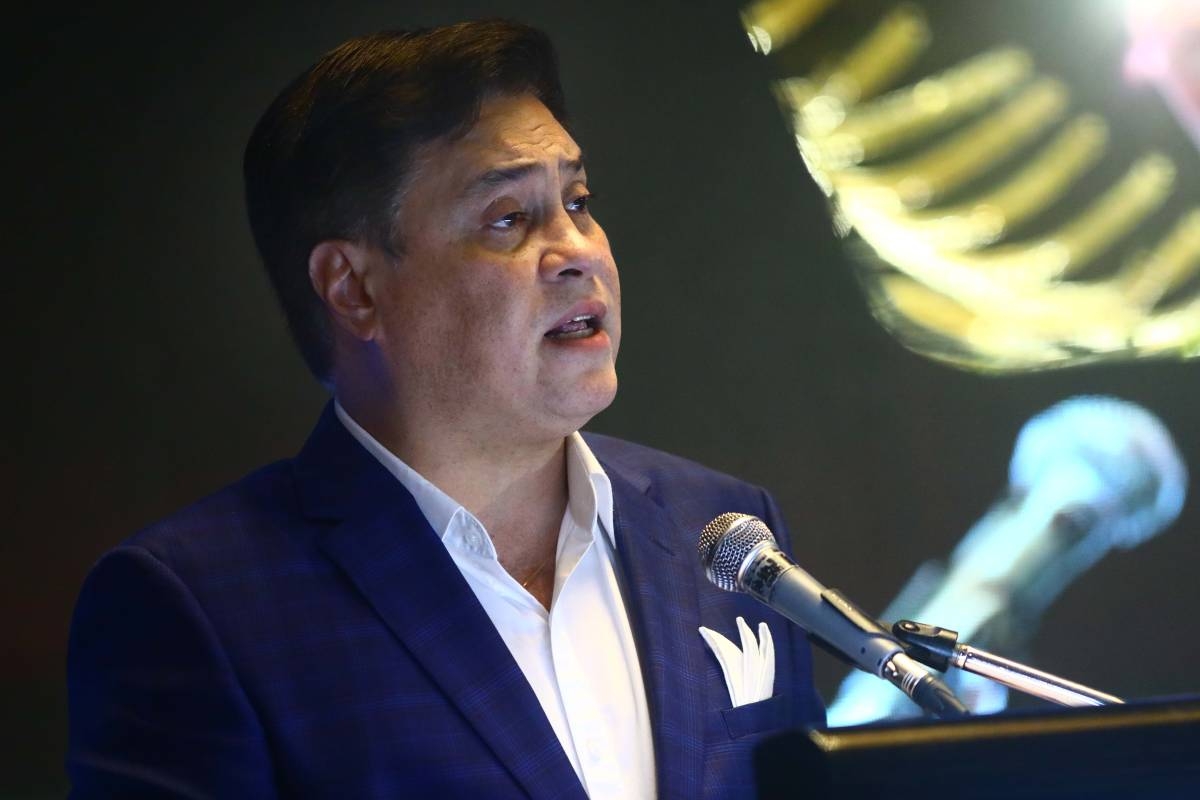Progress in Amending Economic Provisions in the Philippines Constitution
The proposed bill to amend the restrictive economic provisions in the 1987 Constitution of the Philippines is making significant progress. Senate President Juan Miguel Zubiri and Speaker Martin Romualdez expressed their confidence in the passage of the bill during a press conference with the Philippine media delegation in Prague.
Zubiri assured President Ferdinand Marcos Jr. that the proposed economic charter change is on track. He mentioned that there are three more hearings left before the bill is taken up in plenary for a vote. Senator Juan Edgardo Angara, the author of Resolution of Both Houses (RBH) 6, which is the Senate version of the resolution seeking amendments to the economic provisions, is actively involved in the process.
Romualdez also shared his optimism, stating that they have garnered the support of over three-fourths of the House of Representatives for the proposed measure. He emphasized that the amendments in RBH 7, the House version of the resolution, are an exact copy of the Senate resolution.
President Marcos welcomed this development and expressed his hope that any differences in wording and style between the versions of both houses would be addressed. He emphasized the importance of arriving at a consensus and acknowledged the initial contentiousness surrounding the amendment process.
Implications and Significance of the Proposed Amendments
The amendments to the economic provisions of the 1987 Constitution aim to address restrictions on foreign ownership in public utilities, education, and advertising. These amendments have the potential to attract more foreign investments and promote economic growth in the Philippines.
By easing foreign ownership restrictions, the government hopes to encourage foreign companies to invest in key sectors such as energy, telecommunications, and infrastructure. This influx of foreign capital can lead to job creation, technology transfer, and overall economic development.
Furthermore, the proposed amendments align with global economic trends and the changing landscape of international trade. Many countries have already embraced liberalization and have experienced the benefits of increased foreign investments. The Philippines, with its strategic location and abundant resources, can position itself as an attractive destination for foreign businesses.
Challenges and the Road Ahead
While there is progress in the amendment process, challenges remain. The proposed amendments need to undergo further deliberation and scrutiny to ensure that they align with the interests of the Filipino people and protect national security. It is crucial to strike a balance between attracting foreign investments and safeguarding the welfare of local industries.
The differences in wordings and style between the Senate and House versions of the resolution must be addressed to avoid any confusion or inconsistencies. Both houses of Congress must work together to reconcile these differences and present a unified and coherent proposal for the amendment of the economic provisions.
Additionally, it is essential to engage stakeholders from various sectors, including business leaders, economists, legal experts, and civil society organizations, to gather diverse perspectives and ensure that the amendments reflect the needs and aspirations of the Filipino people.
The Path to Economic Progress
The progress in amending the economic provisions of the 1987 Constitution is a significant step towards unlocking the full potential of the Philippine economy. By embracing a more open and inclusive economic framework, the country can attract foreign investments, stimulate growth, and create opportunities for its citizens.
However, it is crucial to approach these amendments with careful consideration and a long-term vision. The amendments should not only address immediate economic concerns but also lay the foundation for sustainable and inclusive development. Balancing the interests of foreign investors and local industries is vital to ensure a fair and equitable economic landscape.
As the amendment process continues, it is important for the government and lawmakers to maintain transparency, engage in constructive dialogue, and uphold the principles of good governance. By doing so, they can build trust among the Filipino people and foster an environment conducive to economic progress.
Ultimately, the successful passage of the proposed amendments to the economic provisions of the 1987 Constitution will be a testament to the Philippines’ commitment to adapt and thrive in a rapidly changing global economy. It will pave the way for a more vibrant and competitive business environment, positioning the country as a key player in the regional and global stage.







